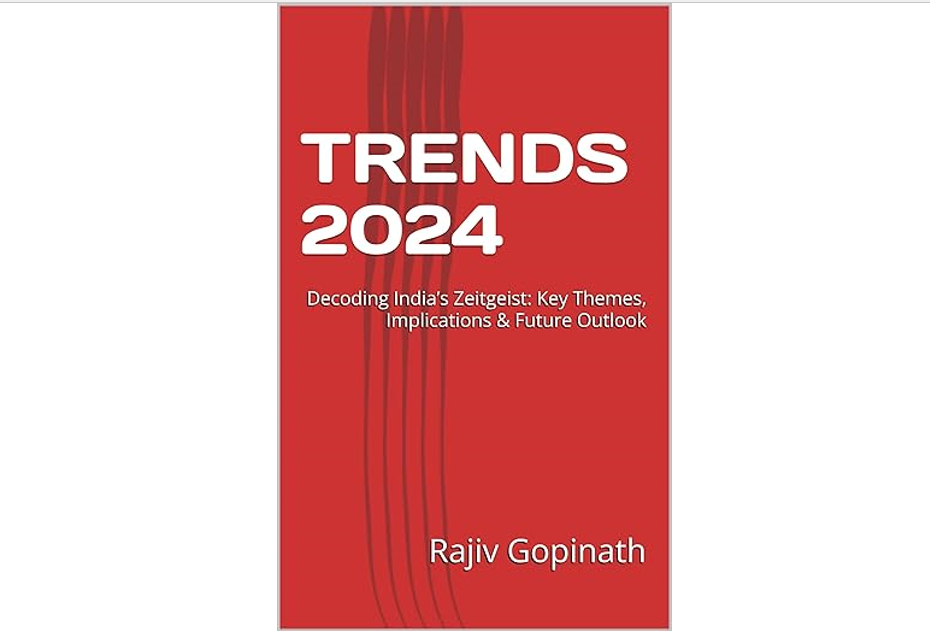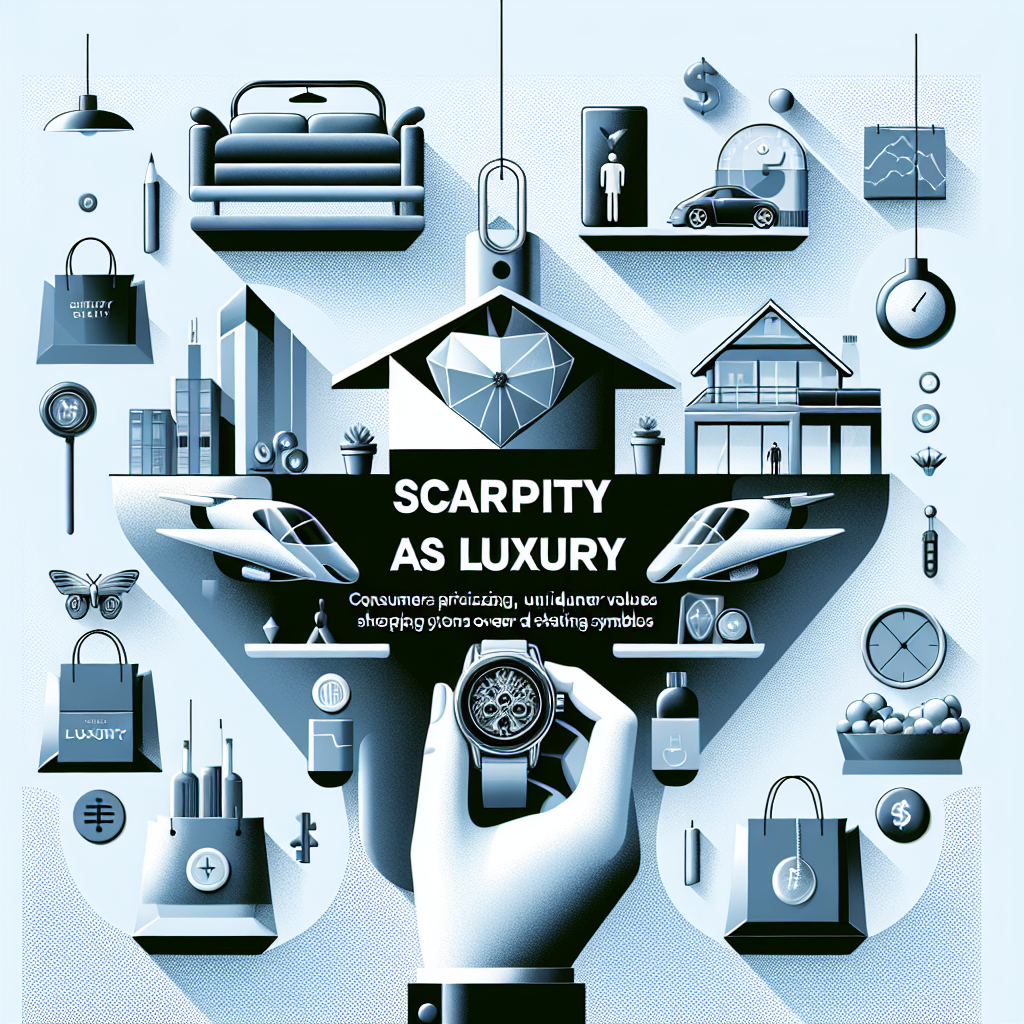The Rise of Rentership: Why Millennials and Gen Z Prefer Access Over Ownership
Last summer, while helping her cousin move to his new apartment, Emily noticed something peculiar: despite having a well-paying tech job, his moving boxes contained surprisingly few possessions. No furniture, no appliances—just clothes, electronics, and personal items. “Why buy when I can access what I need, when I need it?” he explained. His apartment came furnished, he subscribed to streaming services instead of buying media, and he used car-sharing apps instead of owning a vehicle. That conversation sparked Emily’s curiosity about this fundamental shift in consumer behavior—a preference for access over ownership that's reshaping industries and challenging traditional notions of success and status.
Introduction: The Paradigm Shift from Ownership to Access
For decades, ownership represented the cornerstone of economic success and social status—homes, cars, and possessions signified achievement and stability. Today, however, Millennials and Gen Z are pioneering a dramatic shift toward "rentership"—prioritizing access, flexibility, and experiences over the permanence and commitment of ownership.
This rentership revolution isn't merely about financial constraints; it represents a value-driven recalibration of consumption patterns. By 2025, subscription and rental models are projected to account for over 30% of retail and consumer goods revenue, according to McKinsey & Company. This article explores why younger generations are embracing rentership, the economic and technological forces driving this trend, and how businesses are adapting to this transformative consumer behavior.
1. The Economic Drivers: Beyond Financial Necessity
While economic factors certainly influence rentership culture, viewing it solely as a response to financial hardship oversimplifies a complex shift:
a) Financial Flexibility & Reduced Risk
- Rentership allows younger consumers to maintain financial agility in an uncertain economic landscape.
- Student loan debt—averaging $37,000 for recent graduates—makes major purchases less feasible and less appealing.
- The 2008 financial crisis and pandemic-related economic volatility have created skepticism about traditional investments.
b) Value Reassessment
- The true cost of ownership—maintenance, storage, obsolescence—is increasingly recognized by savvy consumers.
- Research by the Institute for Emerging Consumption Patterns shows 64% of Millennials value experiences over possessions.
Example: Rent the Runway transformed the luxury fashion market by offering subscription access to designer clothing. Their success demonstrates how rentership provides value beyond financial savings—offering variety, sustainability, and status without commitment.
2. Technological Enablers: Platforms Powering the Access Economy
Technology has dramatically reduced friction in the rentership economy:
a) Marketplace Platforms & Frictionless Access
- Digital platforms connect owners and renters with unprecedented efficiency, creating liquid markets for previously illiquid assets.
- Mobile technology enables on-demand access, with 78% of Gen Z consumers using sharing apps monthly.
b) Data-Driven Personalization
- AI and machine learning algorithms match users with relevant rental and subscription options.
- Preference-tracking enables continuously improving service delivery.
Example: Airbnb revolutionized accommodation by leveraging technology to create trust between strangers. Their AI-powered recommendation system and frictionless booking process exemplify how technology enables the access economy, with over 150 million users embracing this alternative to traditional hotel ownership.
3. Cultural Catalysts: Shifting Values and Priorities
The rentership trend reflects profound cultural shifts:
a) Sustainability Consciousness
- Resource-sharing aligns with environmental values—74% of Gen Z consumers consider sustainability when making purchasing decisions, according to Nielsen.
- Circular economy principles resonate with younger consumers seeking to reduce waste and environmental impact.
b) Identity Expression & Experimentation
- Rentership enables identity fluidity—trying different styles, locations, and experiences without permanent commitment.
- "Liquid consumption" allows for self-reinvention and adaptability in rapidly changing social contexts.
Example: Clothing rental platform Nuuly reports that 62% of their subscribers cite environmental concerns as a primary motivation. Their success illustrates how sustainability values drive rentership behavior beyond economic considerations.
4. Business Model Transformation: Adapting to Access-Based Consumption
Forward-thinking companies are redesigning their business models around rentership:
a) Subscription-Based Revenue Models
- Recurring revenue models provide businesses with predictable cash flow and deeper customer relationships.
- Customer lifetime value increases through ongoing service relationships rather than one-time transactions.
b) Product-as-a-Service (PaaS)
- Traditional product categories are being reimagined as services.
- Forbes reports that 70% of business leaders see subscription models as key to future growth.
Example: IKEA, traditionally focused on ownership, launched furniture rental and subscription services in 2019. This strategic pivot demonstrates how even ownership-centric companies are embracing rentership to meet changing consumer preferences.
5. The Future of Rentership: Beyond Current Applications
The rentership economy continues to evolve:
a) Expansion into New Categories
- From luxury watches (Borrowed Time) to home appliances (Rent-A-Center 2.0), rentership is expanding into previously ownership-dominated categories.
- Healthcare equipment, educational resources, and specialized tools represent emerging rentership opportunities.
b) Hybrid Models
- "Try-before-you-buy" models blend rentership with potential ownership.
- Community ownership and fractional ownership models create intermediate options between individual ownership and pure access.
Example: Whirlpool's CareRental program offers home appliances on subscription with maintenance included, demonstrating how even durable goods manufacturers are adapting to rentership preferences.
Conclusion: Redefining Success in the Access Economy
The rise of rentership represents more than a temporary trend—it signals a fundamental restructuring of consumer-product relationships. For Millennials and Gen Z, success increasingly means having the right access at the right time, rather than accumulating possessions. This shift challenges businesses to rethink product design, customer relationships, and value propositions.
As economist Jeremy Rifkin notes, "We are moving from a society of ownership to one of access." This transition requires businesses to focus less on selling products and more on providing ongoing value through services, experiences, and relationships.
Call to Action
For businesses navigating this shift:
- Evaluate current offerings through an access-oriented lens.
- Develop flexible consumption models alongside traditional ownership options.
- Invest in technology platforms that reduce friction in rental and subscription experiences.
- Build community and identity elements into access-based offerings.
Those who recognize rentership not merely as a trend but as a fundamental reorganization of consumer behavior will thrive in this new economy of access over ownership.
Featured Blogs

TRENDS 2024: Decoding India’s Zeitgeist: Key Themes, Implications & Future Outlook

How to better quantify attention in TV and Print in India

AI in media agencies: Transforming data into actionable insights for strategic growth

How the Attention Recession Is Changing Marketing

The New Luxury Why Consumers Now Value Scarcity Over Status

The Psychology Behind Buy Now Pay later

The Rise of Dark Social and Its Impact on Marketing Measurement

The Role of Dark Patterns in Digital Marketing and Ethical Concerns








